
A series of communication-focused interventions were implemented to try to improve conversations about values, goals, and preferences with patients with life-limiting cancer.

Your AI-Trained Oncology Knowledge Connection!


A series of communication-focused interventions were implemented to try to improve conversations about values, goals, and preferences with patients with life-limiting cancer.

Cancer Network spoke with Charles Shapiro, MD, about the USPSTF's stance on use of tamoxifen, raloxifene, and aromatase inhibitors to prevent breast cancer.

A single-center evaluation of the FDA's Expanded Access program indicated broad use of the program among the center’s patients, including a large percentage of pediatric patients.

In a phase IIIb trial, researchers evaluated the efficacy of an oral anticoagulant in cancer patients at high risk for venous thromboembolism.
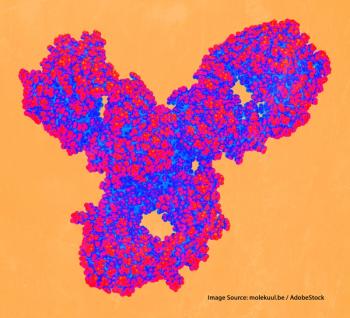
A systematic review in JAMA Oncology examined the safety and efficacy of immune checkpoint inhibitors in advanced-stage cancer patients with HIV infection.

The US Food and Drug Administration explored the possibility of such bias in a recent viewpoint published in JAMA Oncology.

Cancer Network speaks with Joseph Unger, PhD, about ways to decrease the barriers for cancer patients to enroll in clinical trials.

Cancer Network speaks with an exercise physiologist about the benefits of physical activity for depressed and anxious cancer patients.

Do race, income level, geographic location, and type of specialist influence treatment of metastatic castration-resistant prostate cancer?
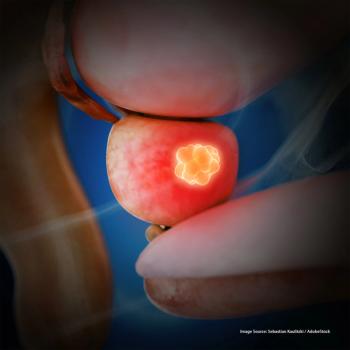
A new study published in the Journal of Clinical Oncology reported on the clinical implications of gDDR genes.
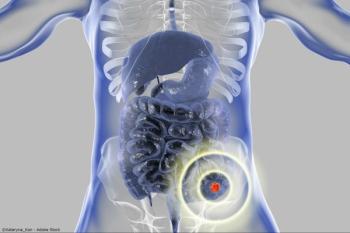
Here, we look at the currently open and recruiting clinical trials that focus on the role of the microbiome in colorectal cancer.
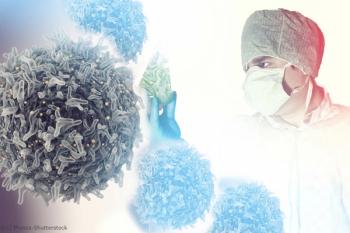
Cancer Network speaks with Peter Ruvolo, PhD, about his work investigating the role of microenvironments in cancer and treatment resistance.

Researchers identified two germline pathogenic variants in CHEK2 that may account for a minority of men diagnosed with testicular germ cell tumors.

Two new studies found that targeting the cyclin-dependent kinases 4/6 exposed a vulnerability in SMARCA4-deficient cancers.

A recent study showed oncologists lack knowledge, but are interested in receiving additional training to learn about the healthcare needs of LGBTQ patients.
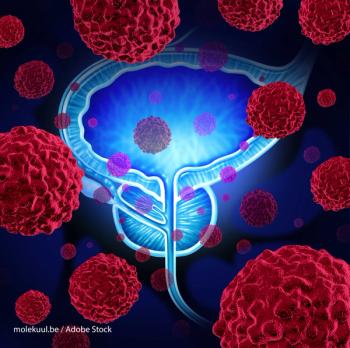
An analysis of a large, phase III trial investigated a potential surrogate endpoint for survival outcomes in prostate cancer patients receiving ADT.

A recent study identified a new biomarker in colorectal cancers that may assist in early detection of the disease.
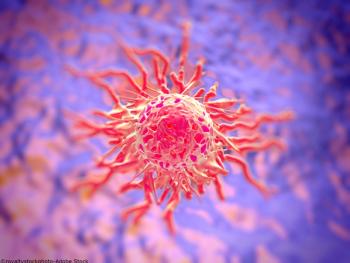
Cancer Network spoke with Curtis Pickering, PhD, about prognostic gene expression signatures for HPV-positive oropharyngeal and cervical cancers.
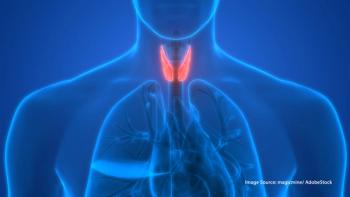
Researchers conducted the first population-based study of an unselected MTC cohort compared with the general population.
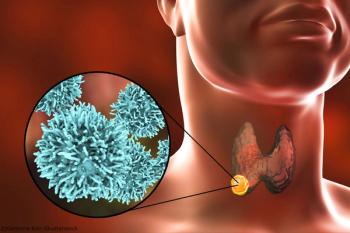
Clinicians may be able to utilize this information as an effective preoperative tool to stratify risk and determine an initial surgical approach for patients with PTC.

Cancer Network spoke with Dr. Michael Holick about the role of and effectiveness of vitamin D in cancer prevention.
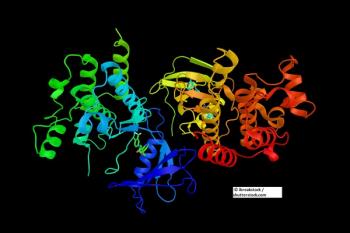
Researchers tested the combination of dabrafenib and trametinib in a phase II trial of patients with biliary tract cancer and BRAF V600E mutations.

An analysis found that tumor response as assessed using modified RECIST criteria is an independent predictor of overall survival in hepatocellular carcinoma patients.

Dr. Manson discusses the results of the recently published VITAL study that tested whether vitamin D or omega-3 supplements could be effective for primary prevention of cancer and cardiovascular disease.

The findings of a systematic review may help standardize reflectance confocal microscopy terminology, which is used to describe non-melanocytic lesions.
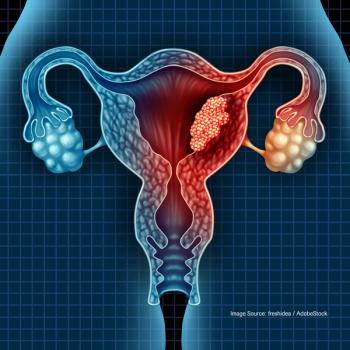
Experts weigh in on valuable findings that can be gleaned despite the fact that the phase III trial did not generate clinically meaningful results.

The highest rates of excess body weight–associated cancer were found in the South and Midwest, Alaska, and the District of Columbia, according to the study.

Cancer Network spoke with Tracy D. Vannorsdall, PhD and Patricia Ganz, MD about treatment methods for cancer-related cognitive impairment.

Cancer Network spoke with Dr. Chuan-Hsiang Huang about his lab’s research on Ras-ERK protein interactions within cancer cells.

Cancer Network spoke with Dr. Rachel Karchin about the contemporary search for cancer-driving gene mutations.